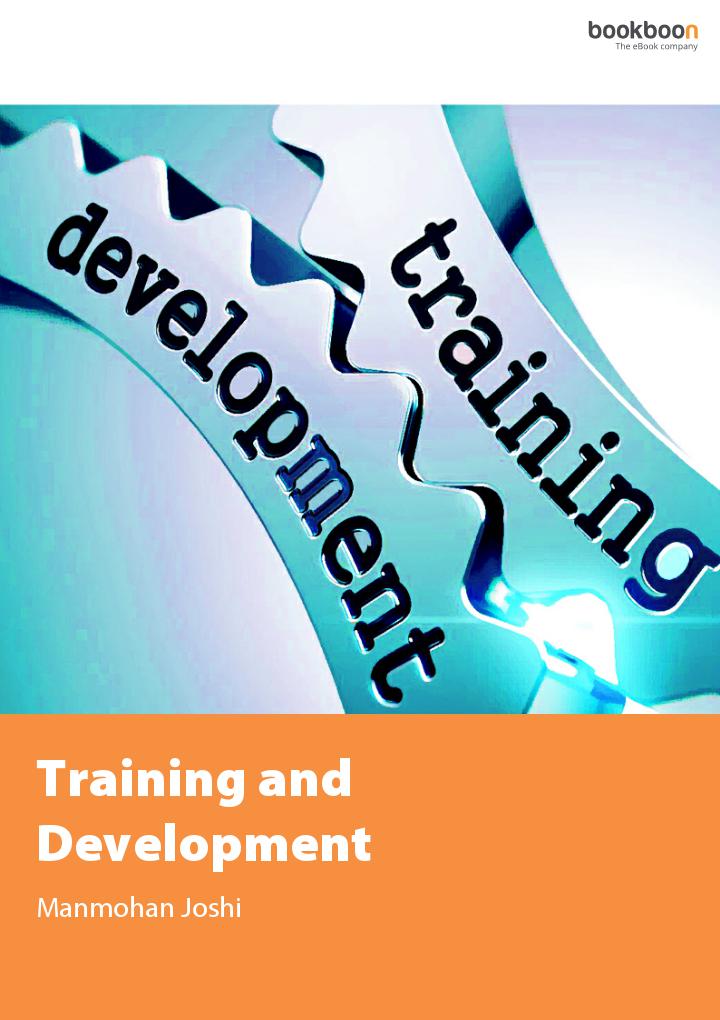Why a third of UK workers did not learn new skills last year

Less than half of British workers have access to training materials to develop the workplace skills they need.
According to a 2019 report based on research by City & Guilds Group, British workers are being denied critical opportunities to up-skill for the future.
The research, based on information from two thousand workers in the UK, brought with it the shocking fact that a third of workers, and almost half of those aged 55 and over, did not learn any new workplace skills last year.
Lack of access to training materials, not lack of interest
 This gap in proactive learning doesn’t come from British workers’ lack of interest in upskilling as 76% of the workforce believe it is important to continuously update their workplace skills regardless of age or career stage. Whether from lack of prioritisation of L&D or lack of communication from management, less than half of the workers surveyed are receiving the support they need to learn and develop in their roles.
This gap in proactive learning doesn’t come from British workers’ lack of interest in upskilling as 76% of the workforce believe it is important to continuously update their workplace skills regardless of age or career stage. Whether from lack of prioritisation of L&D or lack of communication from management, less than half of the workers surveyed are receiving the support they need to learn and develop in their roles.
The findings go on to show that while 81% of workers believe the skills they need to do their job will change over the next five years, a quarter of employees do not receive sufficient feedback from their managers on the skills they should be learning.
Chris Jones, City & Guilds Group Chief Executive, said
“With Brexit uncertainty overshadowing the economy and a burgeoning skills crisis, skills development has never been higher on the agenda. At a time of rapid technological change, the skills used by today’s workforce are becoming obsolete quicker than ever before and there is a clear need for continued investment in learning. Skills gaps are a stark reality and employers have a responsibility to enable critical training for their entire workforce, from graduate entrants through to senior leadership.”
Who isn’t accessing L&D?
 The report shows that the issues surrounding access to learning materials appear to be even more acute amongst certain groups within the workforce. Older workers are far less likely to receive workplace training than their younger coworkers with less than half of middle-aged workers reporting learning a new skill in 2018.
The report shows that the issues surrounding access to learning materials appear to be even more acute amongst certain groups within the workforce. Older workers are far less likely to receive workplace training than their younger coworkers with less than half of middle-aged workers reporting learning a new skill in 2018.
Part-time workers are far less likely to receive workplace training than full-time employees.
“As working lives get longer and the age of the workforce Increases, now is the time for employers to prioritise up-skilling and re-skilling people at all ages and stages within their current workforce and to recognise the value and potential of every employee. However, our data clearly shows that people aren’t receiving enough employer support to develop the skills they need today, let alone those they may need over the next five years,” says Chris Jones.
Why continuous learning is vital
Deborah Astles, HR Director at Unipart ,explains why proactive learning and training is essential to the success of organisations.
“One of the motivations that guides all of our learning and development is the idea that anyone can be great if they are given the right opportunities to work hard and develop. This philosophy has shaped our training programmes and means that everyone at Unipart is able to participate and progress within the organisation, regardless of their age or experience. As well as being great for the individual, this approach is also great for business and we’ve seen measurable ROI through working smarter that far exceeds the investment in each learner. Creating an internal talent pipeline with transferable skills across the business has also reduced our recruitment and retention costs and makes Unipart less vulnerable to the skills shortages faced by many businesses at the moment,” she says.
The importance of training and development in the workplace
According to Bookboon author Manmoham Joshi, an organisation without adequate exposure to training will have innumerable problems, conflicts and clashes which may not be visible or understood at surface level.
It is imperative for employees to have the necessary skills, knowledge and attitude orientation in order to adapt to the ever-changing workplace environment and to continuously develop both within and outside of their role.





